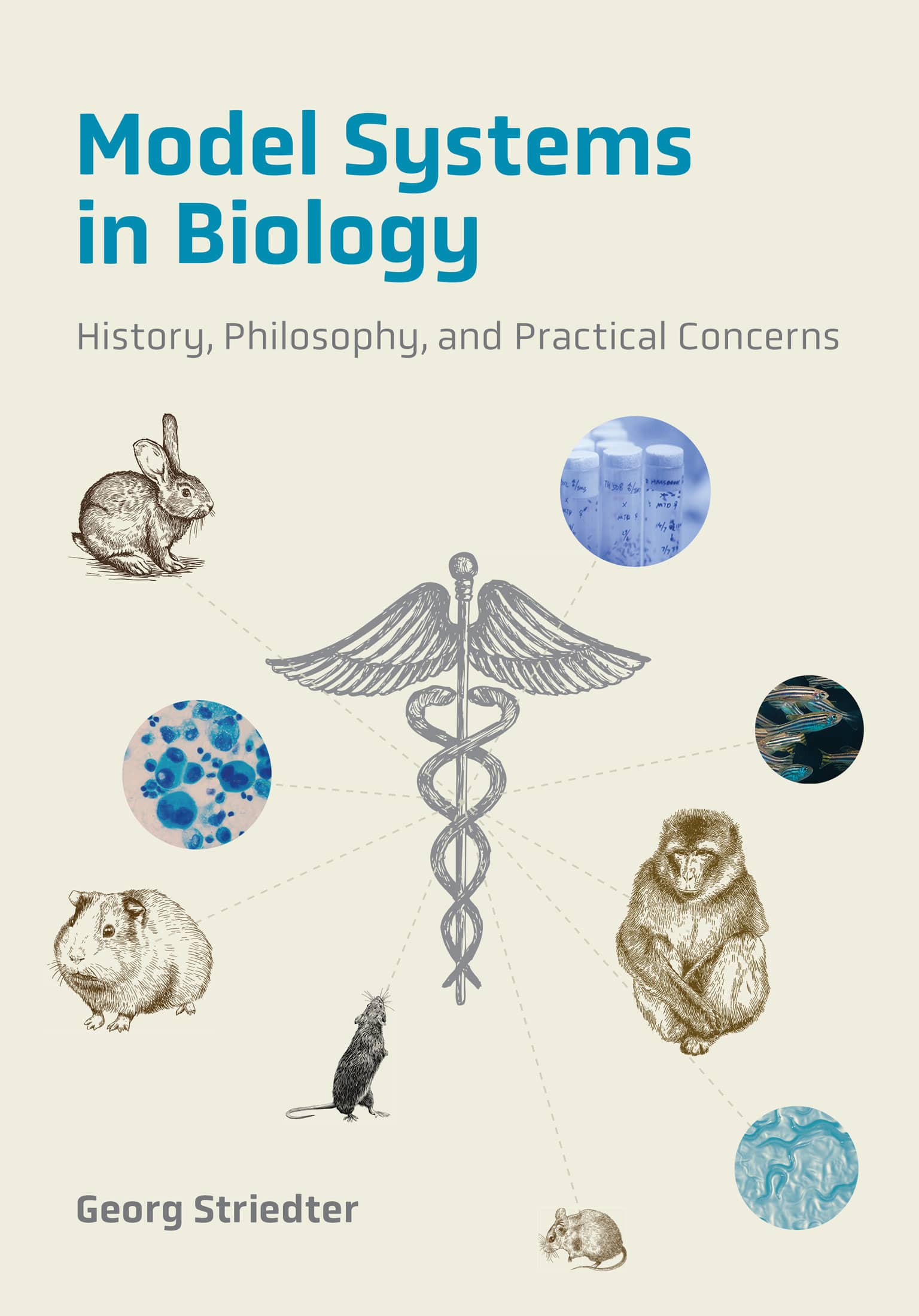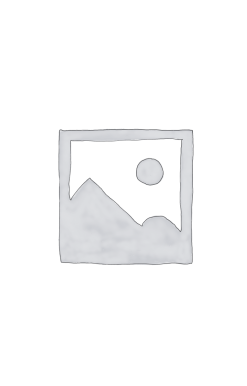Model Systems in Biology: History, Philosophy, and Practical Concerns
34.00 JOD
Please allow 2 – 5 weeks for delivery of this item
Description
How biomedical research using various animal species and in vitro cellular systems has resulted in both major successes and translational failure.In Model Systems in Biology, comparative neurobiologist Georg Striedter examines how biomedical researchers have used animal species and in vitro cellular systems to understand and develop treatments for human diseases ranging from cancer and polio to Alzheimer’s disease and schizophrenia. Although there have been some major successes, much of this “translational” research on model systems has failed to generalize to humans. Striedter explores the history of such research, focusing on the models used and considering the question of model selection from a variety of perspectives—the philosophical, the historical, and that of practicing biologists. Striedter reviews some philosophical concepts and ethical issues, including concerns over animal suffering and the compromises that result. He traces the history of the most widely used animal and in vitro models, describing how they compete with one another in a changing ecosystem of models. He examines how therapies for bacterial and viral infections, cancer, cardiovascular diseases, and neurological disorders have been developed using animal and cell culture models—and how research into these diseases has both taken advantage of and been hindered by model system differences. Finally, Striedter argues for a “big tent” biology, in which a diverse set of models and research strategies can coexist productively.
Additional information
| Weight | 0.7008852 kg |
|---|---|
| Dimensions | 2.2098 × 18.415 × 26.035 cm |
| by | |
| Format | Hardback |
| Language | |
| Pages | 304 |
| Publisher | |
| Year Published | 2022-8-2 |
| Imprint | |
| Publication City/Country | USA |
| ISBN 10 | 0262046946 |
| About The Author | Georg Striedter is Professor in the Department of Neurobiology and Behavior at the University of California, Irvine. He is the author of two books on nervous system evolution, as well as an introductory college-level textbook, Neurobiology: A Functional Approach. |
“An excellent source of references to a number of intriguing cases from the history of translational research which may inform philosophical discussions of modeling and experimentation in biology.”—History and Philosophy of the Life Sciences |
|
| Other text | “This book will help scientists think critically about why and how they use particular models. Striedter leverages philosophy, history, and science to analyze the common failure of animal research to translate to humans, and suggest how we can do better.” —Jessica Bolker, Professor of Zoology, University of New Hampshire “In his magisterial analysis of the role model systems play in the life sciences, Streidter provides an antidote for what ails biomedical research. This honest, erudite, and accessible book is a must-read for those who care about the future of the life sciences and the debt of service it owes society.” —Susan M. Fitzpatrick, President, James S. McDonnell Foundation |
| Table Of Content | Preface vii1 Crises in Biomedical Research 12 Philosophy of Models in Biology 173 A History of Animal Models 434 A History of In Vitro Models 775 Models and Therapies: Infectious Diseases, Cardiovascular Disease, and Cancer 1076 Neurological Disorders: Trials and Tribulations 1397 Diagnosis and Recommendations 175Appendix 207References 213Index 283 |
Only logged in customers who have purchased this product may leave a review.






Reviews
There are no reviews yet.